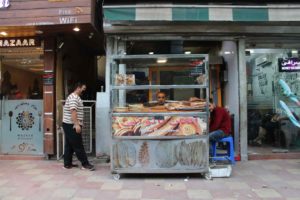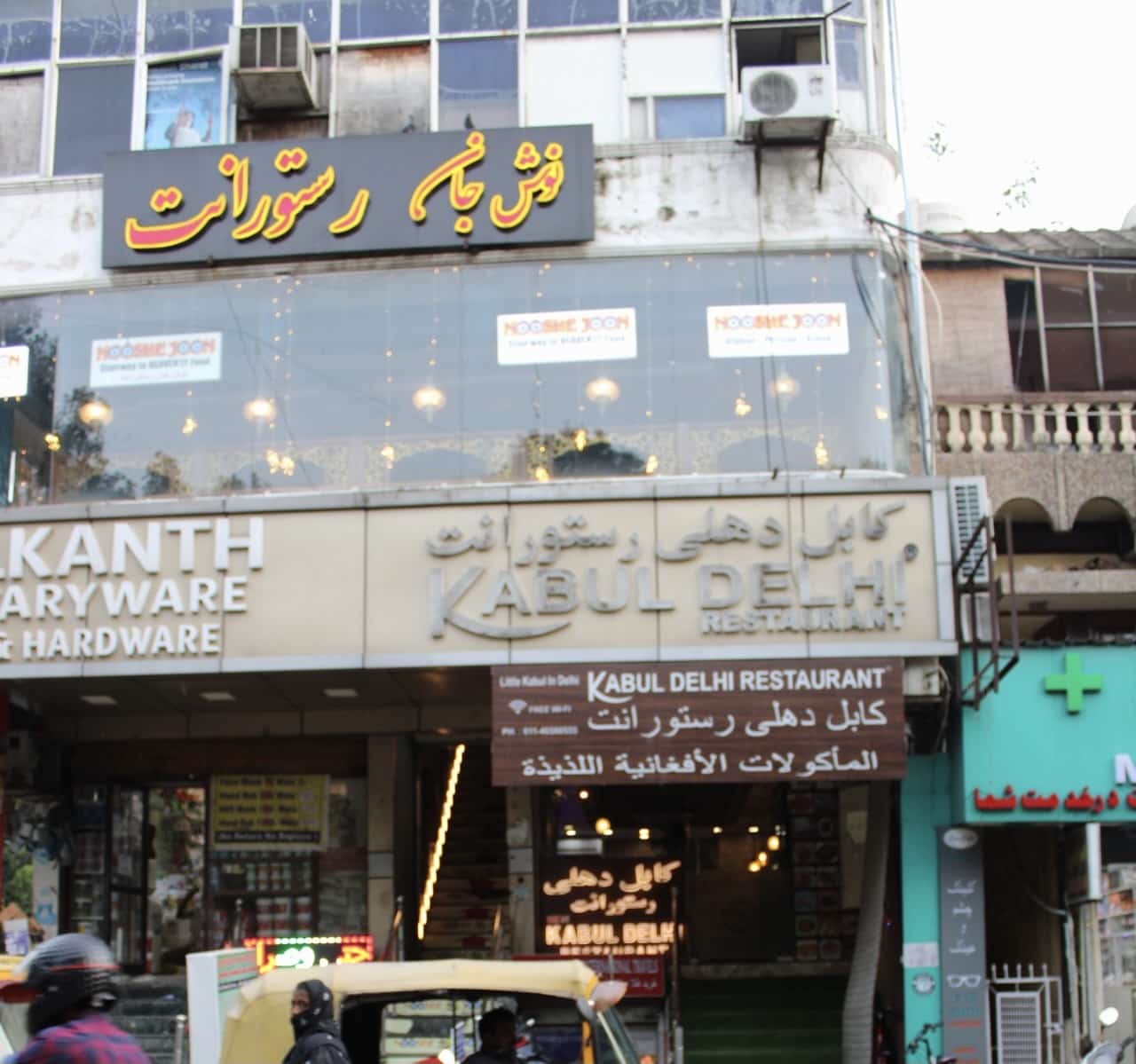With the Taliban gaining ground in their country, Afghan refugees in Delhi have more than just the pandemic to deal with — they want India to play a greater role in establishing peace in the region
Over the last two decades, India has seen a significant rise in the number of refugees coming in from Afghanistan. For Afghans, Delhi has provided a sense of belonging with several families settling down in the capital, owning businesses and providing them with opportunities. The majority of these settlers had lost their materialistic possessions and wealth just to be able to survive the wrath of conflict in their homeland.
And while life moved on for Afghans in India, their home is once again witnessing the resurgence of the Taliban and the ensuing conflict, the very thing that forced them to leave their homeland. As was the case when they left their country, the rise of the Taliban has come hand in hand with devastation of lives, cities and the country. This has clearly distressed the Afghans living in Delhi, who have their own relatives and friends on ground zero.
31- year- old Faarooq’s ancestral village is in Taleqan Province, one that was recently captured by the Taliban, had migrated to Delhi four years ago. He now runs a small shop in Lajpat Nagar. “My family is in Kabul, which is safe. But the situation is getting out of control. The Taliban is capturing everything and killing our people.”
“My brother and his wife applied for a visa for India, but it was cancelled. A lot of people want to come to India and if restrictions are relaxed many would come here.” says Faarooq “Who wants to die?”.
Afghans reside in various pockets across different localities in Delhi such as Lajpat Nagar, Ashram, Zakir Nagar, Bhogal, Malviya Nagar and Tilak Nagar. Afghans form a large chunk of the population of refugees in India, as per United Nation high Commissioner, by the end of 2019 there were as many around 40,000 asylum-seekers and refugees registered in India, Afghans being the second largest group contributing 27% of the number. It is estimated that around 11,000 Afghan refugees are currently residing in India.
Moreover, many who have established their roots in India are now trying to help their compatriots seeking refuge to find their way into the country. This also explains why Lajpat Nagar is home to a significant number of travel companies run by Afghans, who help their countrymen escape the conflict and in times of peace help them to re-visit their country.
According to an AP report, the Taliban now claims to control 85% of the country, and with their advance has come the destruction of thousands of homes, all the while people fleeing the conflict have nowhere to go. India also evacuated consulates and staffers from Afghanistan except in Mazar-e-Sharif in the north. Now even as the Taliban is expanding its feet, Afghans in India are concerned about their relatives back home with many seeking asylum in the country.
Kanika Gupta, a Journalist covering the conflict in Afghanistan for the last couple of months confirms that a lot of people are applying for visas in India like other countries. They want to flee their homeland until things become a bit easy, but their requests are being rejected.
“My people are dying”
Jamil Ghafari, in late 20’s is in Kabul. He completed his higher studies from Delhi University before returning to Kabul. He says “War causes destruction all over the world and some countries like Pakistan gain benefit out of War.”

“I have lost many of my family members, relatives. Few years ago I lost my 11 years old nephew in a bomb blast during a religious festival in Kabul. His name was Mirwais. He was a school student, innocent like an angel. In the same blast, my brother and one of my other nephews were injured and they haven’t recovered from it.”
“This is the sad story of the war in Afghanistan.” He further adds, “Ordinary people are being killed on a daily basis without any reason. We are paying the cost of our geographical location and our precious natural resources.”
Ghafari believes that things were better when the Western forces were stationed in Afghanistan, he says “Till the time the international forces were in Afghanistan the security situation was a bit better, although there were some bomb blasts in some provinces but the situation was better than what it is today”. He goes on to blame the role played by neighbouring countries like Iran and Pakistan in the ongoing conflict and the resurgence of Taliban.
“Stuck in catch-22”
Most of the Afghan refugees settled in Delhi run restaurants, bakeries and small eateries and the pandemic has affected their incomes. Atiullah Azizi, who works at a pharmacy, says, “I am working all day to meet my ends, and high rent, electricity bills make things tougher.”
Azizi also says that rent for Afghans are relatively higher, “but our income remains the same.” Earlier Azizi would get money from his relatives in Afghanistan, now with the situation deteriorating, he is facing an uncertain future.
Most of the Afghans in Lajpat Nagar are concentrated in Kasturba Niketan complex and adjoining areas like Krishna Market, where the rent is significantly higher than nearby areas.
But from 2005-2010, a large number of Afghan refugees first settled in Lajpat Nagar, and despite the high rents, it only led to expansion in their numbers in the following years. A sense of familiarity, ease in communication, shared culture and trust by having a significant number of fellow Afghans already settled in with the locals used to their Afghan neighbours helped the community in establishing a base here.

Talking about the sentiments of the Afghan youth whose lives have been affected by the ongoing conflict, Kanika Gupta explains that the popular thinking among youths in Afghanistan is that, “Pakistan is one of the root causes of all the problems they face and it has elevated since Pakistan drew offence along the Durand line.”
“This is the reason, one of the biggest trend here in Afghanistan is #SanctionPakistan.”
She further adds that the “Youth however want India’s active engagement as we had good relations with Afghanistan. This is where youths feel India is not doing enough.”
Nevertheless, the problem persisting for several decades now in Afghanistan is only getting worse with the extension of Taliban and for a stable South Asia, India should directly deal with the group. India over the years have played a pivotal role in aiding Afghanistan in several social and economic spheres which only led to strengthening ties between the two countries.
But with the exit of the US forces, India has also taken a backseat, which evidently is not helping any parties but the Taliban. Though the Afghan settlers in India may never manage to go home, even if India along with other mighty forces pull a maneuver by establishing peace, as they have found a new life here, a restoration in peace would only bring them a relief after witnessing conflicts and losses over the years.





